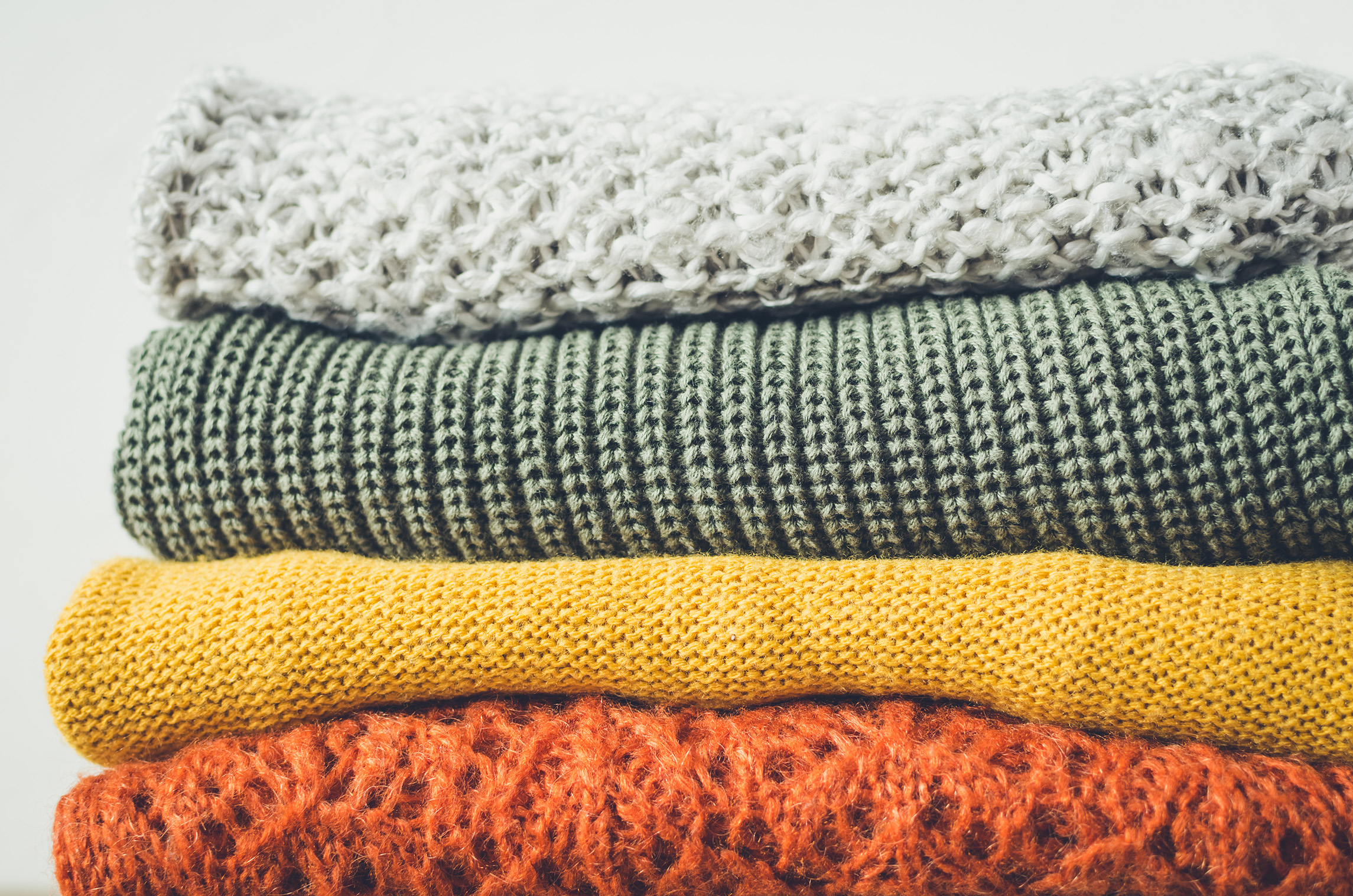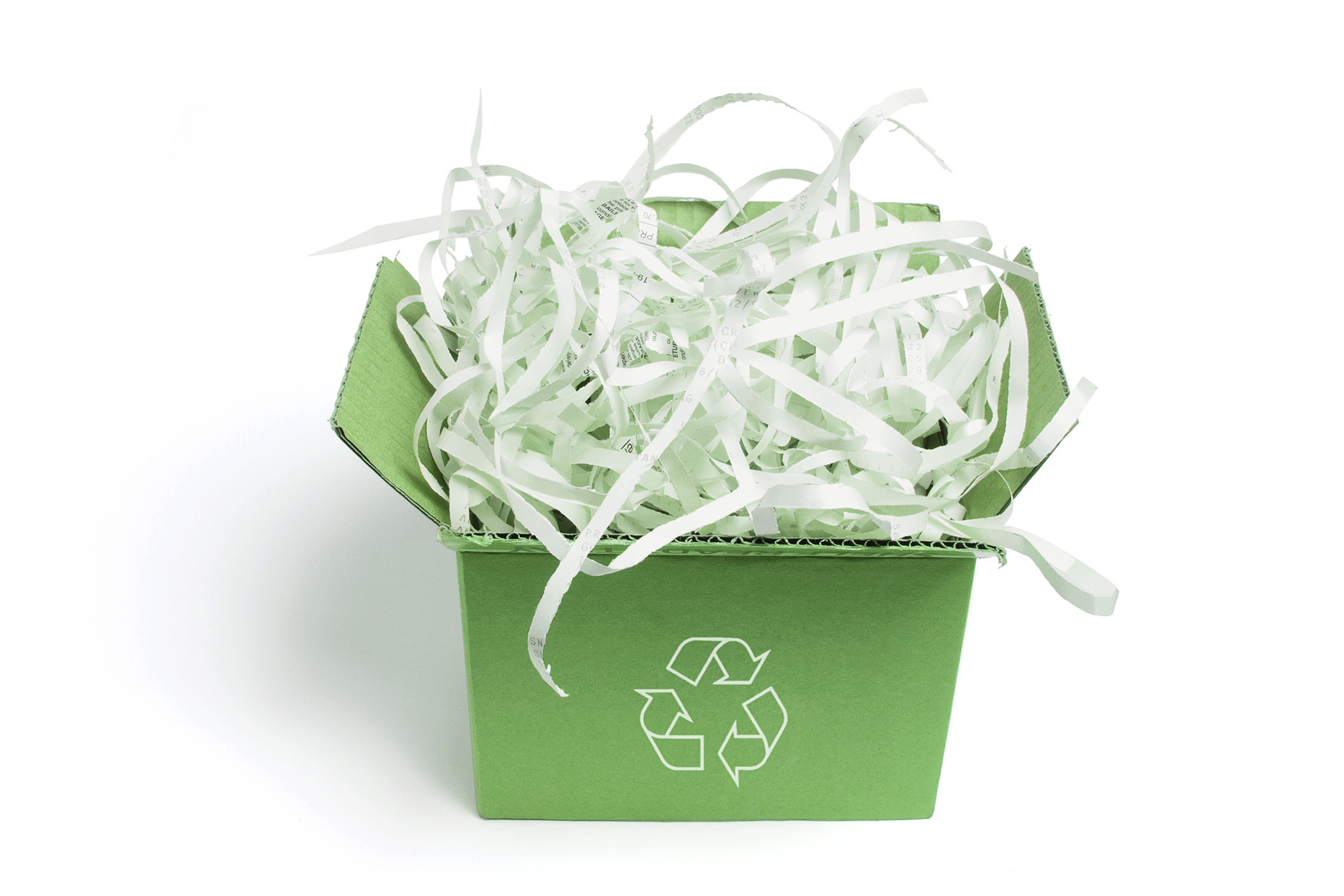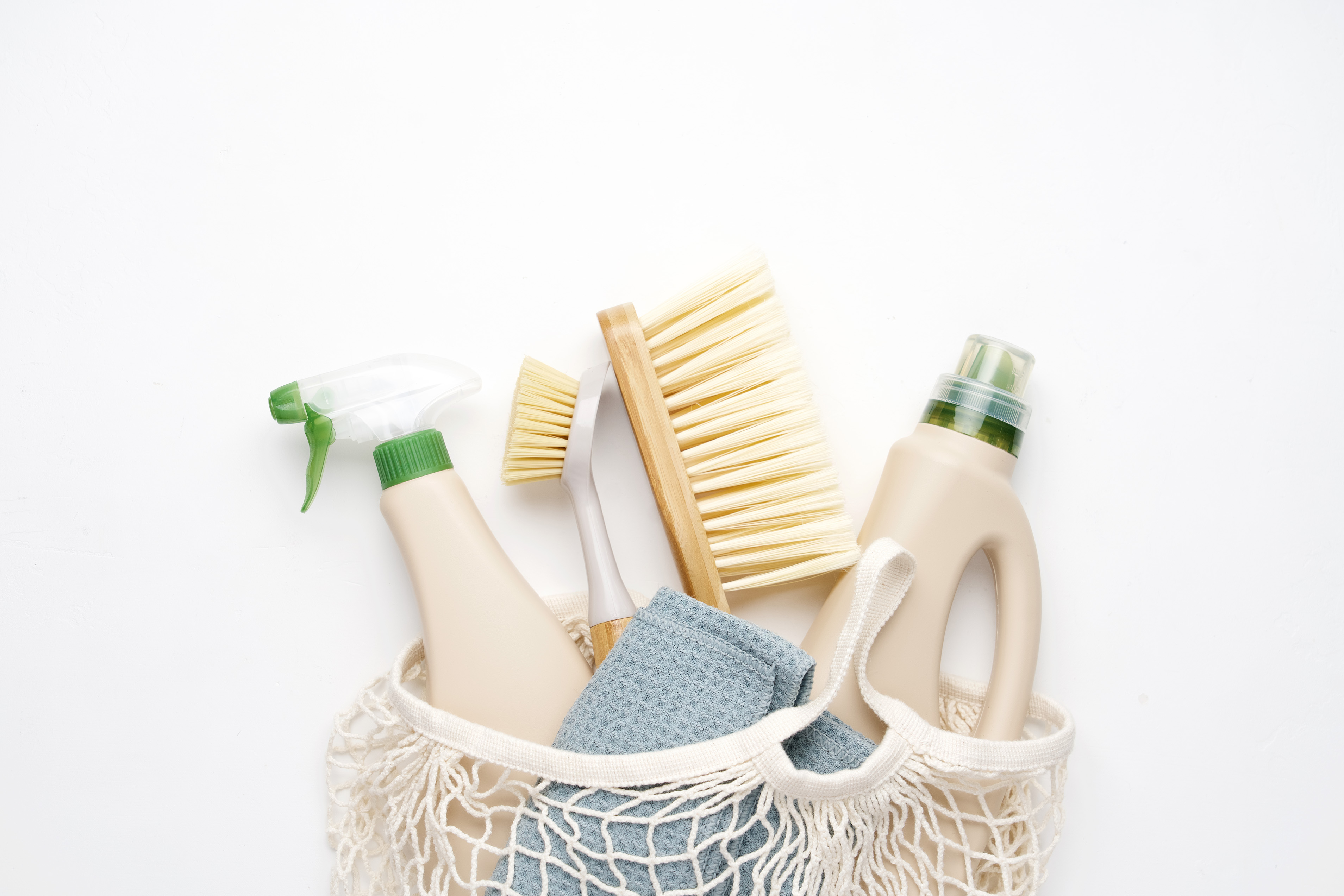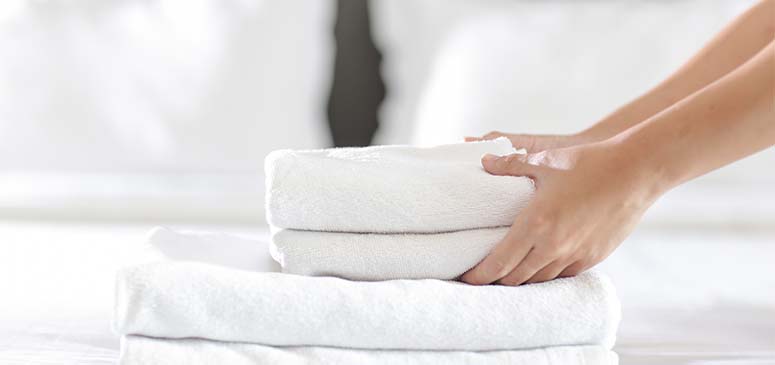The bedroom is often thought of as a sanctuary, a space meant to provide peace, comfort, and relaxation. However, we rarely think about the amount of fabric waste created and the negative impact on landfills our bedrooms have. While it’s recommended that you replace bedsheets every 2-3 years, textiles can take anywhere from 20 to 200 years to breakdown according to Close the Loop.
Whether you’re adding new linens or cleaning out your closets, here are five ways you can reduce fabric waste when cleaning out your bedroom.
1.Donate. Many animal shelters, homeless shelters, and secondhand stores will accept gently used blankets, towels, pillows, and sheets. Rather than tossing unwanted linens, givethem a second life by donating them to a positive cause

2. Buy & Sell Secondhand. Some thrift stores will buy your old clothing or exchange it for new pieces. Shopping at and selling to secondhand shops helps prevent clothing waste, as well as overspending on fast fashion.

3. Reuse or Upcycle Fabrics. If you have clothes or old linens that may not be in good enough shape to sell or donate, consider cutting them up to use as cleaning rags, or take out the less worn pieces and sew them into new items, such as bags or the DIY cotton pads that we posted about earlier.

4. Skip the Plastic Bags. Whether you’re donating items or purchasing secondhand, decline the plastic bags and opt to carry the items in reusable fabric bags, containers (such as baskets and old cardboard boxes), or even old paper grocery bags.

5. Shred Papers. If your bedroom is doing double duty as your office, be sure to shred your papers before recycling or disposing of them, add the clippings to your compost, use them to absorb cooking grease, or find another creative way to reuse them.

6. Opt for Natural Household Cleaning Products. Use natural and organic cleaners, which are environmentally safe, for furniture and windows. You can also create your own household cleaning agents that are free from bleach and other harmful chemicals. Learn how to make environmentally friendly cleaners here.

Sources:
Environmental Watch: Green Guide

